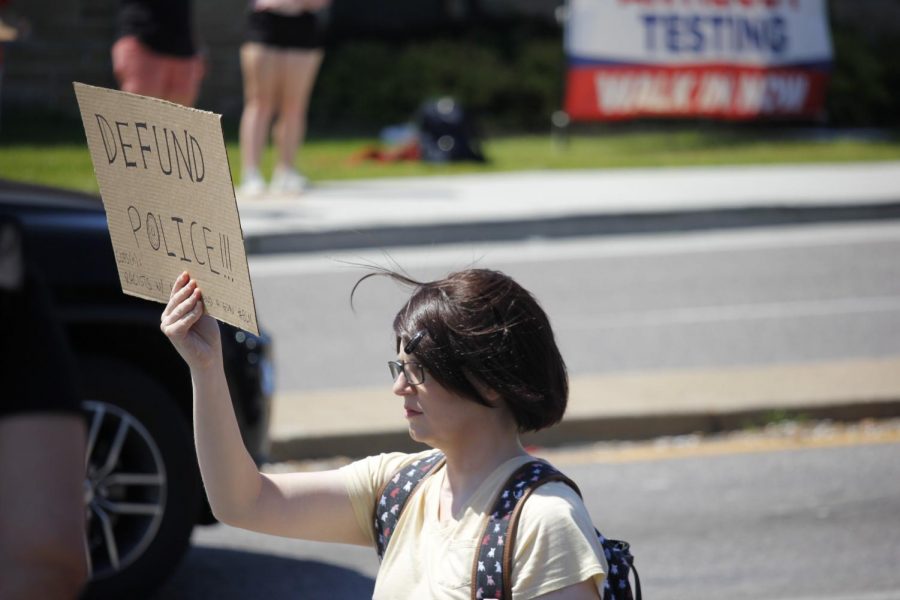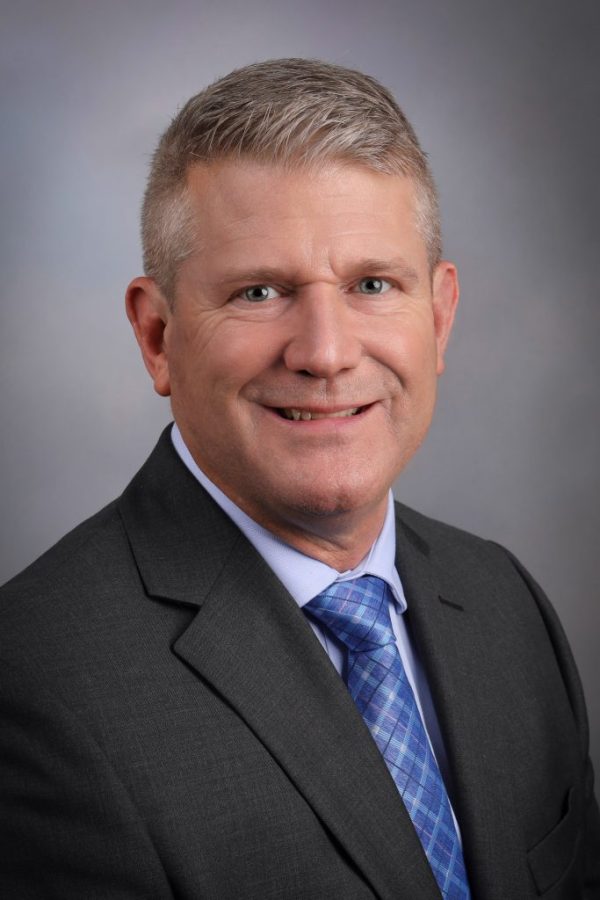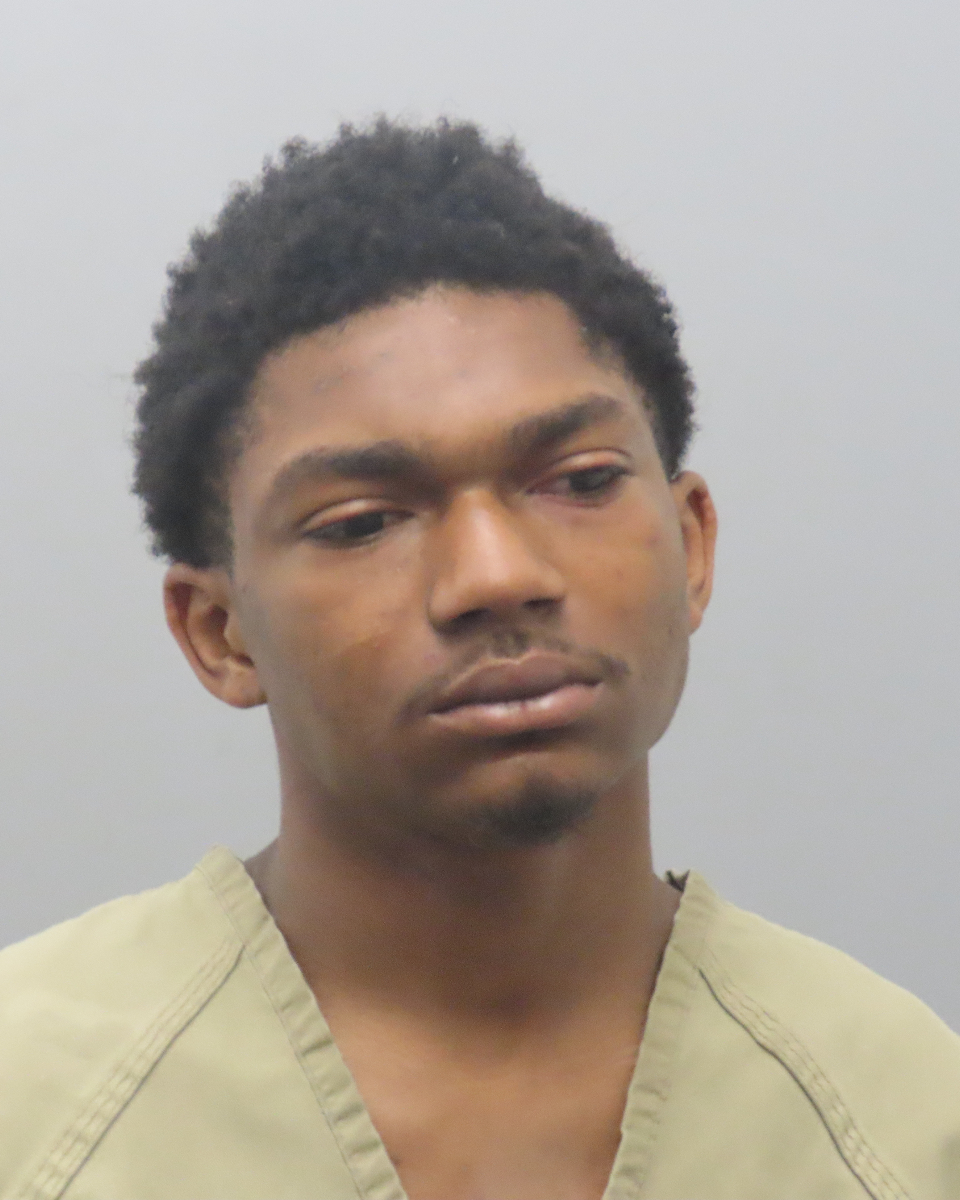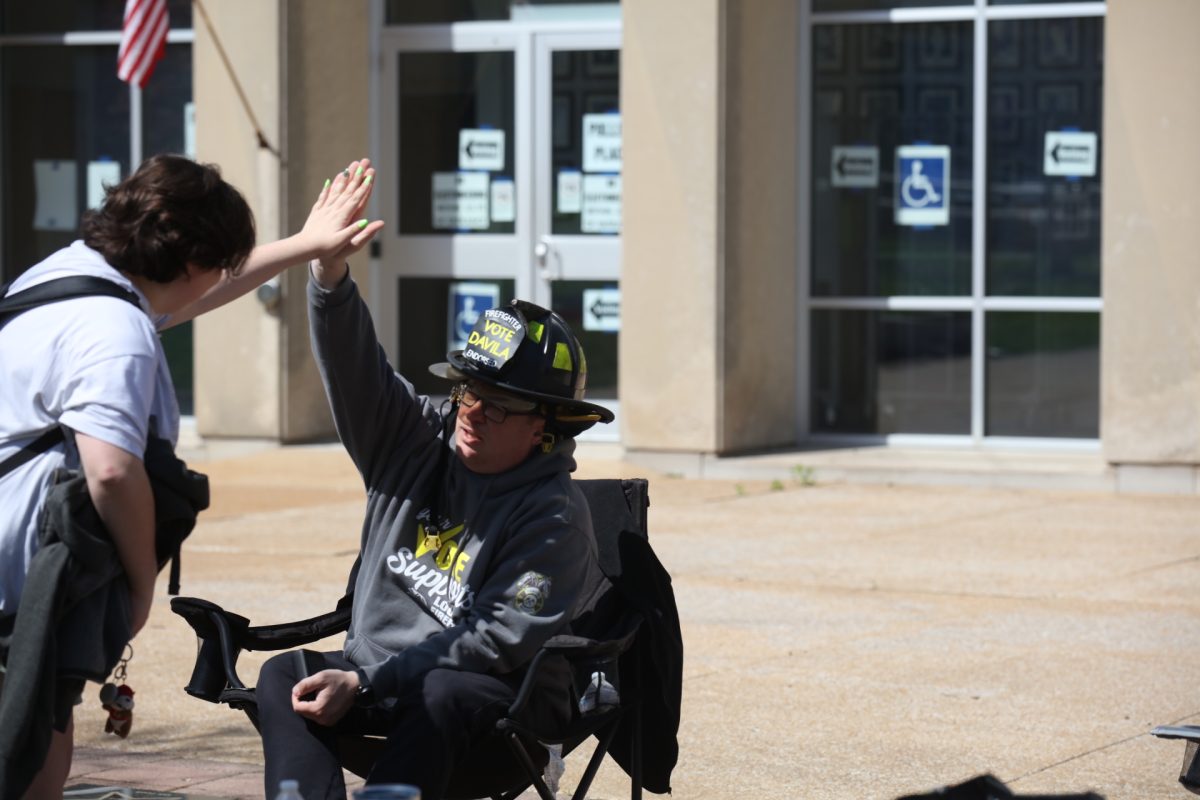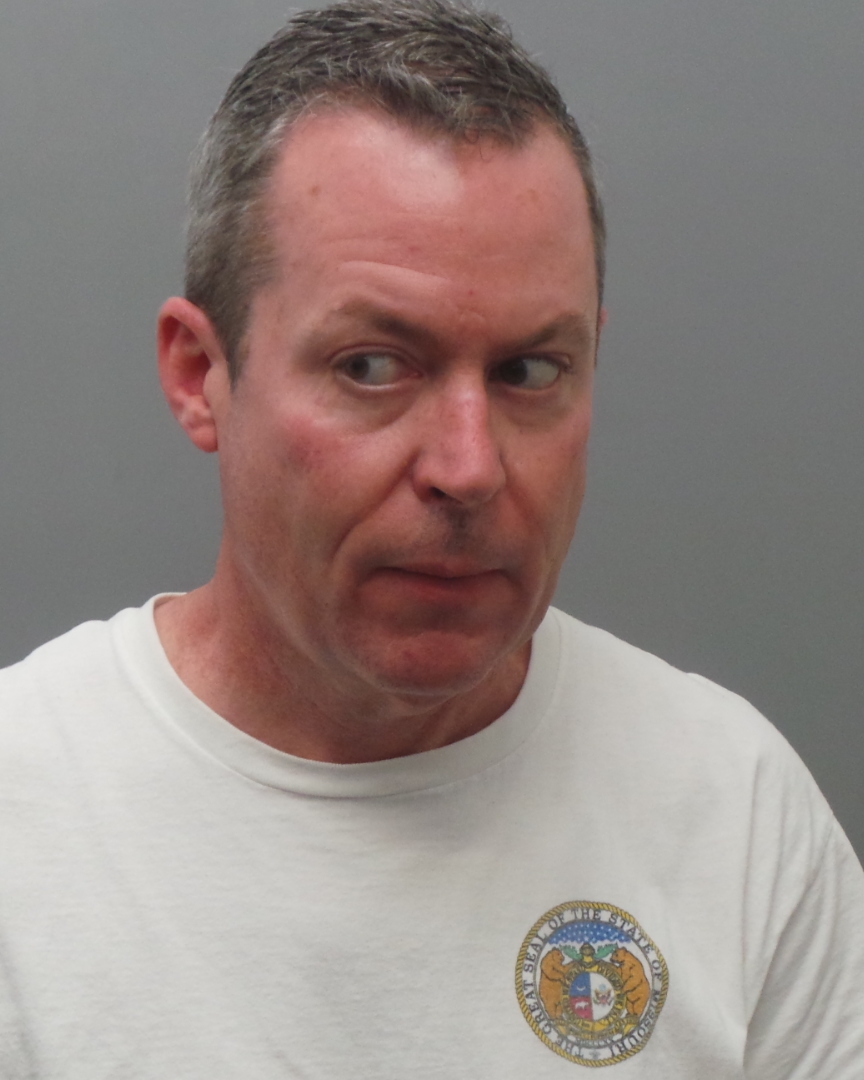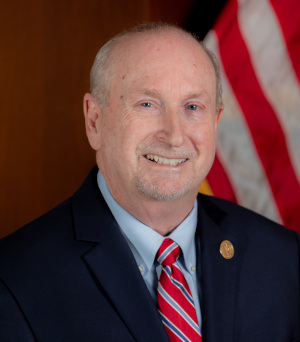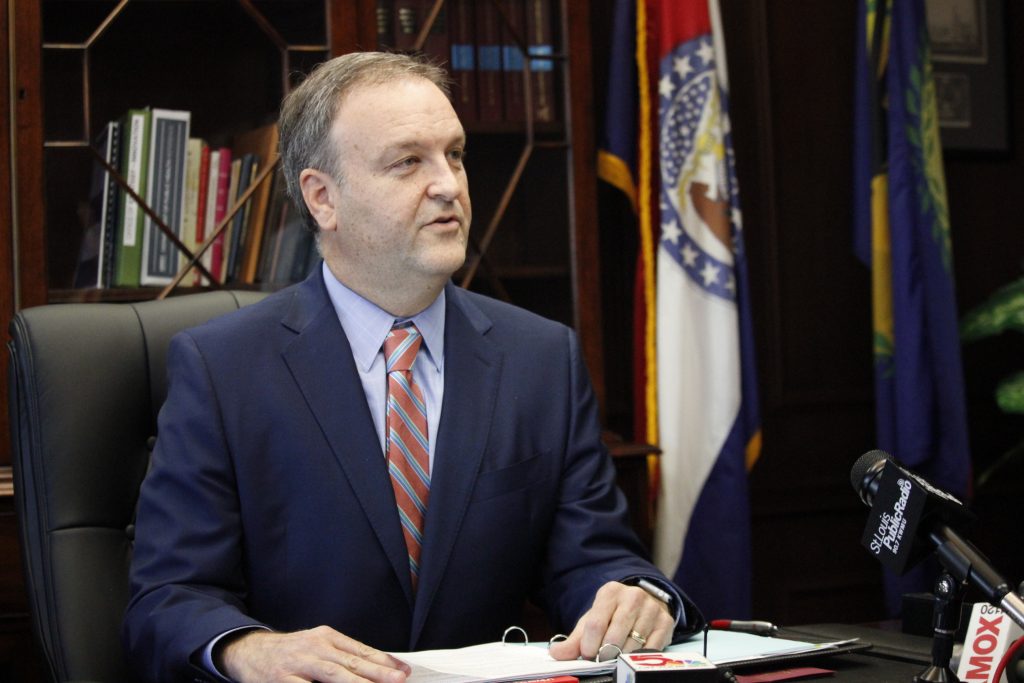As protests have swept the country for the last month in the wake of the death of George Floyd in Minneapolis, a growing movement to “defund the police” is gaining traction with some officials.
The idea of defunding the police didn’t have mainstream support before the video capturing the death of Floyd, a black man with a white police officer’s knee on his neck. But now Minneapolis is considering abolishing its police department, and cities like Los Angeles and New York have said they will redirect funds that would have gone to their police departments to other services instead.
And in St. Louis County, an idea that would have seemed ludicrous months ago is being discussed. Just blocks away from the old Gravois Road precinct where the St. Louis County Police Department’s Affton Southwest Precinct sat for decades, a woman held a sign at an Affton protest June 6 that said “Defund the Police.”
Supporters say that the title oversimplifies the idea, which usually involves taking some of the money earmarked for police and using it for social workers or other professionals who might be better suited to responding to some of the calls, especially for mental health, that police are sent to.
In April 2017, voters across St. Louis County — including in North County — came out in droves in April 2017 to approve a new sales tax, Proposition P, to give more money to police for salaries, training, body cameras and two new precincts. The department also said at the time it hoped to recruit better officers with those higher salaries.
New Chief Mary Barton told the County Council June 9 that conversely, taking money out of the department would mean less training and lower-paid officers, which would harm recruiting.
Council Chairwoman Lisa Clancy, D-Maplewood, said at that same hearing, “I think that what I’m hearing is that folks are saying that we need to be investing more in some prevention things related to public health and well-being outside of the Police Department, and that will probably, unless there are some new sources of revenue, require us to take some money from the Police Department.” Although she didn’t directly say that she supports the concept, she said that the council will be paying close attention to the issue ahead of budget talks in the last quarter of the year.
County Executive Sam Page said he’s not in favor of the idea, but it could be worth looking at whether police officers are sent to calls that shouldn’t be given to them in the first place.
“I don’t think we should defund public safety — I think we should have a serious conversation about what is the role and responsibility and duty of a police officer and whether some of those duties could be accomplished by someone else, whether it’s a social worker or a nurse or some sort of community volunteer, but the evolution of the job description of a police officer has changed greatly in the past decade and there’s a lot of challenges in our community related to substance abuse, mental health, and those could be better managed,” Page said at a press briefing June 12. “Unfortunately those have been unfunded, underfunded, by state and local government for a long time, and the impact of that has impacted public safety. And it’s made the job of a police officer much more difficult.”
St. Louis County Police Association Executive Director Joe Patterson, who lives in Oakville, agreed that police are responding to calls outside of what should be their job description. In St. Louis County, a neighbor can call 911 about a rotten tree in a neighbor’s backyard, and the call will be dispatched to a police officer, he noted in an interview on a radio show.
“I don’t want my police officers to sit around being lazy, but when we get dispatched to calls that really aren’t effective calls of a criminal nature… We don’t need to introduce a badge and a gun into that situation,” Patterson said. “There are definitely societal shortfalls that have taken place, whether because of systematic issues or because we haven’t given the proper funding… Someone’s got to deal with it — and that someone in our society is always the police officer.”



